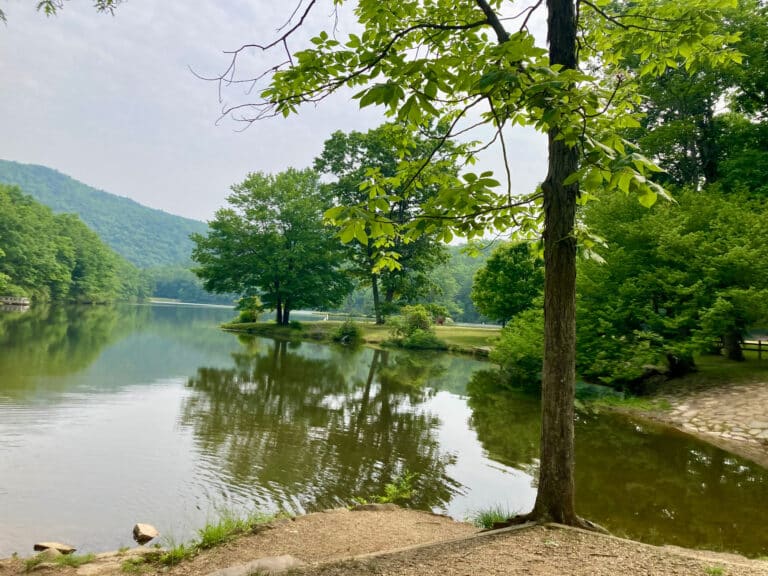In FY 2019 National Park Service treated more than 230,000 acres of public land to reduce wildfire risk
The National Park Service announced that 230,308 acres of public land were treated in FY 2019 to reduce wildlife risks in the parks. Prescribed fire was used to treat nearly 207,000 acres, and an additional 24,000 acres were treated by mechanical and other methods, such as vegetation management, the park service said in a press release. Additionally, the park service reached a milestone in FY 2019, having now surveying 90% of the 31,339 structures listed in the NPS Wildland Fire Geodatabase for threats from wildland fire.
In addition to treating wildfire risks domestically, the Department of the Interior and the U.S. Forest Service are supporting ongoing efforts to combat the wildfires in Australia, deploying 150 firefighters so far, 10 from the National Park Service.
Read the full story here: http://www.recmanagement.com/rm-industry-news-item.php?id=5674
Ouch! Alligator bites teen hiking at Everglades National Park
An 18-year-old college student was hiking with a professor and other students on a wet trail in Everglades National Park when an alligator bit her lower right leg. Allyson Gantt, a spokeswoman for the park, described the incident as “low pain,” and said that the young woman received two small puncture wounds.
The incident occurred near the Pahayokee Overlook, a popular 0.16-mile boardwalk trail. Park officials have closed the area while they evaluate the incident but stress that alligator attacks in that location are extremely rare.
Read the full story here: https://miami.cbslocal.com/2020/01/10/18-year-old-college-student-alligator-bite-everglades-national-park/
The Chinese paddlefish, one of the world’s largest fish, is now extinct
A paper published in the Science of the Total Environment has determined that the Chinese paddlefish is extinct. The species was one of the world’s largest fish, reaching up to 23 feet in length, and had survived for 200 million years in China’s Yangtze River. The study blames overfishing and dam construction for the fish’s demise, specifically the Gezhouba Dam, built on the Yangtze River, which was erected without a fish ladder or bypass and permanently separated the paddlefish from their spawning grounds.
“This is the first of these very large freshwater fish to go and many are at risk,” Zeb Hogan, a fish biologist at the University of Nevada, Reno, told National Geographic. “The concern is that more will go extinct, but the hope is that we can reverse their decline before it’s too late.”
Read the full story here: https://www.nationalgeographic.com/animals/2020/01/chinese-paddlefish-one-of-largest-fish-extinct/#close








